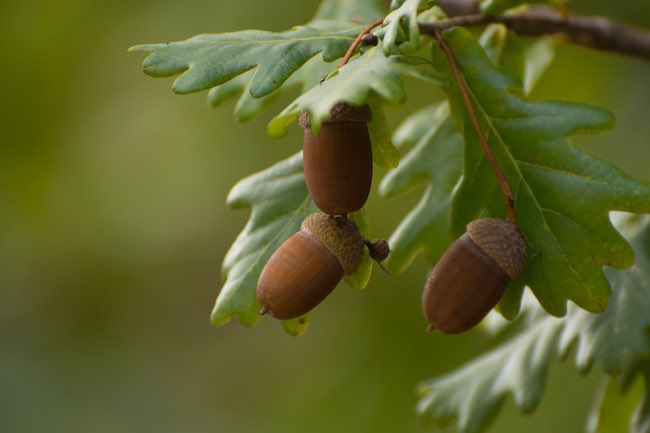The Essentials of Tree Seed Stratification: A Guide for Oak Acorns and Sycamore Seeds

Stratification is a critical process for the germination of many tree seeds, including those of oak and sycamore trees. This horticultural technique mimics the natural conditions seeds would experience through seasonal changes in the wild, essentially “tricking” them into breaking dormancy. For species like oaks and sycamores, which have evolved to endure cold winters, stratification is vital for successful germination. In this article, we will explore the process of seed stratification using mediums like coarse sand, perlite, and vermiculite, to encourage healthy seedlings from oak acorns and sycamore seeds.
Understanding Seed Stratification:
Seed stratification is the process of treating collected seeds to simulate natural environmental conditions that a seed must experience before germination can occur. Many tree seeds require a period of moist cold treatment to break down germination inhibitors. This period can range from a few weeks to several months and is crucial for the successful sprouting of many hardwood species.
Oak Acorns Stratification:
Oak acorns, especially those from species that produce them in the fall, often require cold stratification to germinate. The process involves exposing the acorns to cool, moist conditions for a period that typically lasts between 30 to 120 days. This process not only breaks the dormancy of the seed but also softens the tough outer shell, making it easier for the embryo inside to expand and eventually emerge as a seedling.
Sycamore Seeds Stratification:
Sycamore seeds also benefit from stratification. Although they may not require as lengthy a cold period as oak acorns, the process enhances germination rates significantly. Sycamore seeds, which are typically dispersed by wind due to their winged structure, can often germinate without stratification. However, controlled stratification ensures a more uniform and reliable germination process.
Stratification Process Using Coarse Sand, Perlite, or Vermiculite:
- Collecting Seeds: Begin by collecting healthy, mature acorns or sycamore seeds. It’s best to gather these directly from the tree rather than from the ground to avoid diseased or insect-infested seeds.
- Preparation: Once collected, prepare the seeds by cleaning them and conducting a float test. Seeds that float are usually not viable and should be discarded. Afterward, mix the seeds with a moist stratification medium such as coarse sand, perlite, or vermiculite. The medium should be slightly damp but not wet, as excessive moisture can lead to mold growth and seed rot.
- Stratification Container: Place the seed-medium mixture in a breathable container such as a plastic bag with holes or a container with a loosely fitted lid. The container should allow for some air exchange while retaining moisture.
- Cold Treatment: The container is then stored in a refrigerator, not a freezer. The temperature should be maintained between 33°F and 41°F (0.5°C to 5°C) to simulate winter conditions. Check periodically to ensure the medium remains moist and to inspect for any signs of mold or disease.
- Monitoring: Throughout the stratification period, seeds should be monitored. If seeds begin to germinate prematurely, they should be removed and planted to avoid root damage.
- Planting: After the stratification period, seeds are ready to be planted. This is usually timed with the onset of spring, as the warmer temperatures and increased daylight naturally encourage seedling growth.
Stratification is a key step in the propagation of many tree species, particularly for those with seeds that are adapted to cooler climates. By understanding and applying the proper stratification techniques using coarse sand, perlite, or vermiculite, gardeners and restoration ecologists can effectively encourage the germination of oak acorns and sycamore seeds. This practice not only enhances germination rates but also contributes to the conservation of these magnificent trees, ensuring they continue to thrive for generations to come.